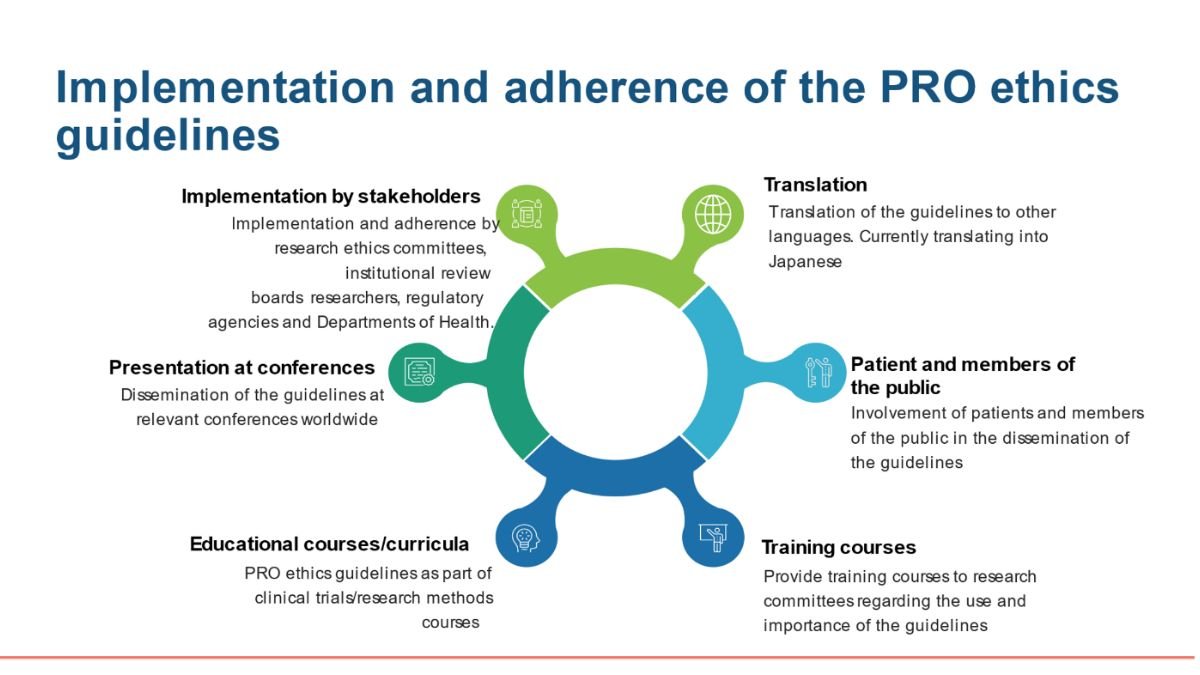Clinical research, or medical research, is the backbone of modern healthcare. This process is essential for developing new medicines, therapies, and treatments. However, the most sensitive aspect of this process is medical ethics. It ensures that research is conducted not only for the advancement of science but also while protecting human dignity, safety, and rights. In this article, let’s explore 10 key principles of medical ethics that are crucial for clinical research.
Respect for Autonomy
Every person has the right to make decisions about their own body and health. When participating in a clinical trial, researchers must ensure that the participant is participating voluntarily. Obtaining consent through coercion or deception is unethical. Respecting autonomy is a prerequisite for the credibility and ethics of research.
The Essentials of Informed Consent
Informed consent is the most important pillar of medical research. This means that participants should be provided with complete information about the study—such as the purpose, potential risks, benefits, and alternatives—in clear and simple language. Participants should only sign when they fully understand the research’s implications for them. This ensures both transparency and trust.
Beneficence & Non-Maleficent
The fundamental principle of medical ethics is “Do good, do no harm.” In clinical research, researchers must always ensure participants receive maximum benefit and minimize risks. For example, if a new drug causes serious side effects, the trial should be stopped immediately.
Justice & Equality
Research participants should be treated equally. Excluding or discriminating against individuals based on caste, gender, economic status, or religion is completely unethical. Furthermore, if research yields significant benefits, these benefits should extend to all segments of society, not just the wealthy.
Confidentiality & Privacy
During clinical research, participants’ medical reports, personal information, and health data must be kept strictly confidential. Leaking this information could adversely affect the patient’s social and mental well-being. Therefore, strict adherence to data protection rules is essential in all research.
Integrity & Transparency
The purpose of research is not only to achieve scientific success, but also to uncover the truth. Sometimes, due to funding or career pressures, research data is distorted, which is highly unethical. Medical ethics dictate that researchers must always maintain transparency and present accurate results to the public.
Protection of Vulnerable Groups
Children, the elderly, the mentally ill, or the economically weaker sections—all of these fall into vulnerable groups. Extra caution should be exercised when conducting research on them. In addition to obtaining their consent, the consent of their guardian or legal representative is also required. This can prevent their exploitation.
Role of the Ethics Committee
Every clinical research project must obtain approval from an Ethics Committee. This committee ensures that there are no unethical practices in the research design and procedures. The committee also periodically monitors the project to ensure compliance with regulations.
Risk Management & Safety Monitoring
Any new drug or therapy in clinical research can have unexpected effects. Therefore, researchers must have a robust safety monitoring system. If a participant’s life or health is threatened, immediate intervention is essential. This is true ethical responsibility.
Social & Global Responsibility
Research is not limited to the walls of a laboratory or hospital; it impacts society as a whole. If a discovery can provide a solution to a global disease, researchers have a responsibility to make it accessible to all countries and societies. Prioritizing humanity over profit is the primary objective of medical ethics.
Conclusion
Clinical research is the foundation of medical progress, but if medical ethics are ignored, it can pose a threat to humanity. Principles such as autonomy, informed consent, transparency, confidentiality, and justice are not just rules but the ethical responsibilities of every researcher. As long as we adhere to these principles, science and humanity will progress together.
